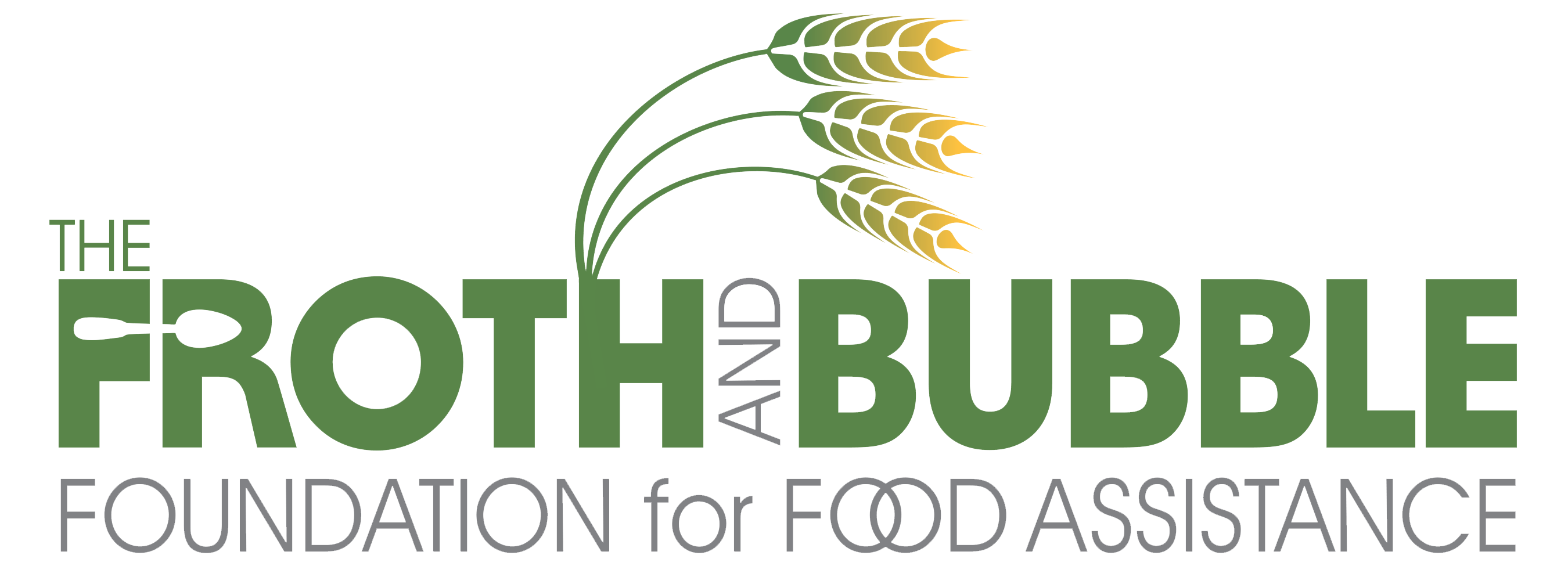Cancer in the News
WSJ 10/19/18
In the Battle Over Health-Care Costs, Food Could be a Weapon
Multiple studies and programs are showing health-care cost reductions when patients have adequate food, says WSJ Health Expert David Blumenthal. PHOTO: ISTOCK PHOTO
By David Blumenthal
Oct 17, 2018 7:00 am ET
Dr. David Blumenthal (@DavidBlumenthal) is the president of the Commonwealth Fund, a national health-care philanthropy based in New York.
When it comes to health care, food pays. That’s the message from a growing body of evidence that should grab the attention of numerous health plans and facilities that accept financial risk for the cost of their patients’ care.
About one-third of Medicare patients and 81% of Medicaid’s are now enrolled in managed-care health plans that receive a fixed payment in advance each year to cover all their patients’ health services. This gives those plans a strong incentive to look closely at the value of the care their enrollees receive, and to maximize return on health-care investment. As for private insurers, they have always had to live within the premiums they collect from customers.
This is where the food story comes in. We’ve known for some time that poor nutrition compromises health. It now is becoming clear that simply helping meet the nutritional needs of patients, including the 12% of all U.S. households who suffer from food insecurity can reduce health-care expenditures.
Commonwealth Care Alliance, a Massachusetts health plan that takes care of chronically ill patients covered by both Medicare and Medicaid, found net savings of $220 a month (after program costs) when it provided enrollees medically tailored meals. A Denver-based program found comparable reductions in monthly health costs for patients with a variety of chronic illnesses who were provided with prescribed meals. A Philadelphia study of 65 very ill, costly patients found that a meal-delivery program reduced hospital admissions, shortened hospital lengths of stay, and produced monthly savings in the same range as the Denver and Massachusetts projects. On a national level, a study of nearly 4,500 low-income adults found that participation in SNAP, the much-debated food stamp program, was associated with $1,400 less in annual health expenditures.
Until recently, there was some doubt that Medicare would permit its managed-care programs, known as Medicare Advantage plans, to pay for nonmedical items like food, even when it promised health benefits and cost reductions. But this year, Congress passed the bipartisan Chronic Care Act that gives these Medicare programs the flexibility to invest in nontraditional services like food. Medicaid has always provided more leeway in the benefits available under its programs. Private insurance plans can offer whatever services their clients, including America’s business community, decide should be covered.
As the compelling evidence accumulates, doctors, insurers and government health advocates should find more ways to test the benefits of adequate food. The way seems clear for cost-conscious plans and purchasers to do well by doing good through providing food to the nutritionally needy sick.
Read the latest Health Report.

